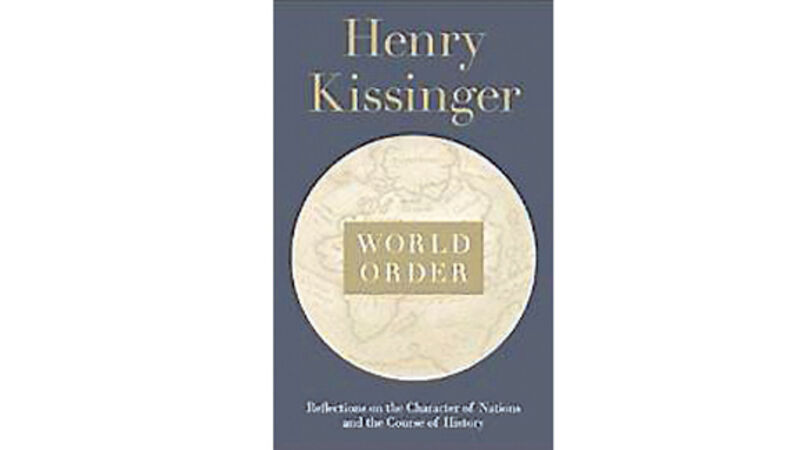World Order

HENRY Kissinger is like Marmite: you love him or hate him. Some people accept Kissinger as an international relations guru, Nobel Peace Prize winner, confidant of world leaders, inventor of ‘shuttle diplomacy when he was US secretary of state under presidents Richard Nixon and Gerald Ford, and the man who brought China back into international relations.
For others, Kissinger is the personification of all that’s been wrong with Western foreign policy in the last 70 years. The late journalist Christopher Hitchens’s book, The Trial of Henry Kissinger, presented the case for Kissinger’s involvement in international war crimes, not least his alleged role in the 1973 coup in Chile, which brutally overthrew a democratically elected government. Kissinger’s Nobel Peace Prize is popularly supposed to have led to satirist Tom Lehrer’s retirement.











